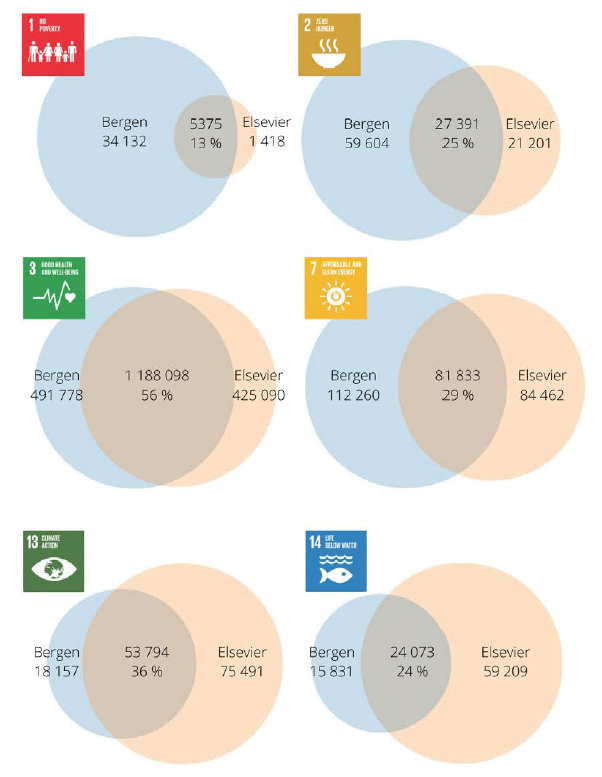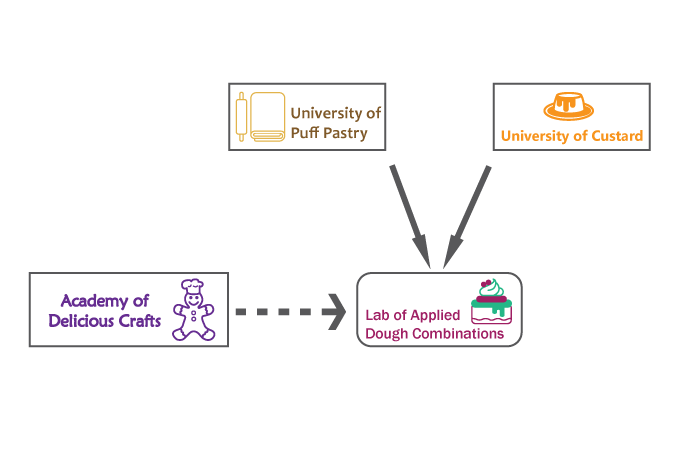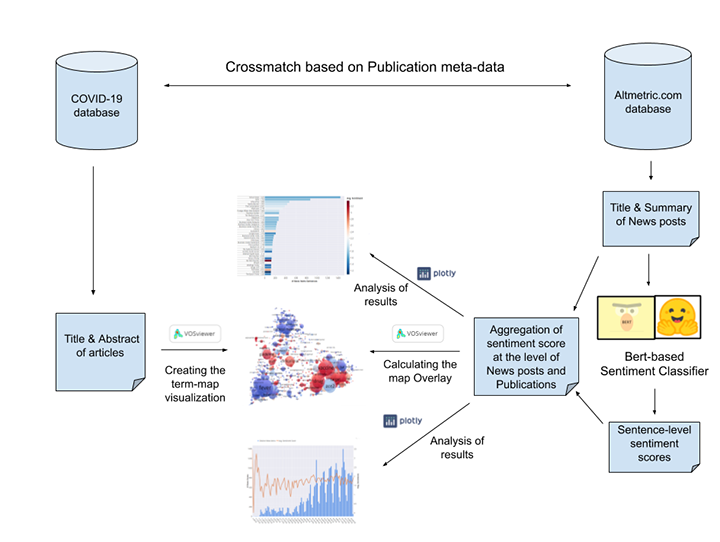
The shift in R&D goals towards the SDGs is driving demand for new S&T indicators… The shift in Science & Technology policy from a focus on research quality (or ‘excellence’) towards societal impact has led to a demand for new Science & Technology indicators that capture the contributions of research to society, in particular those aligned with SDGs.


